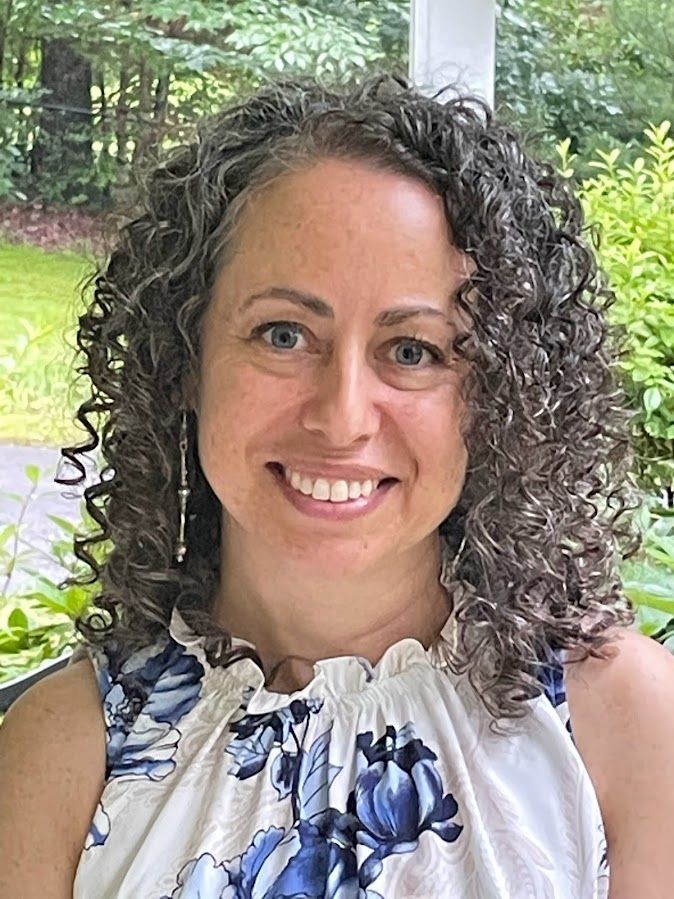Stacy Creamer, LMHC, LLC

1. What's your practice focus and who are your typical patients?
I see folks aged 16 and older for individual therapy for issues related to transitions. Transitions from high school to college, college to graduate school or work; transitions through grief and loss associated with divorce or death of a loved one. I help people manage and understand the whole spectrum of emotions one can experience when they navigate chosen life changes or changes that they feel powerless to endure.
I also see people who have Depression, Anxiety, or who are experiencing intrusive traumatic memories that just won’t them go.
2. Tell us about yourself.
What got me motivated to open my private practice was an overwhelming desire to be my own boss and to be more in charge of my life, both at work and at home. After 20+ years of working as a therapist for agencies, clinics, and college mental health centers I grew weary of the grueling pace and long hours. I grew tired of being tired all the time and rallying to go to work. After much self-reflection, I realized that I have a lot to offer this field, but I can only offer it if I’m working at a reasonable pace that I set for myself. So, I built a private practice that takes care of me so I can take care of my clients. That’s what’s motivating to me every day: that I built this practice for my clients and for me. It nourishes me to nourish them.
3. Tell us the story of a patient who you are most proud of helping.
A woman in her late 40’s came to see me for pervasive feelings of being stressed out and overwhelmed. She was a powerful and accomplished executive in a male dominated field, she was the primary bread winner for her family of 3. She was experiencing migraines, marked fatigue, insomnia, racing thoughts, and difficulty concentrating. She didn’t feel like herself anymore and she felt she was constantly chasing physical symptoms without relief. She was about to transition into a major promotion. We spoke at length about the enormous amount of stress in her life and together we carved out a path for her in her life, rather than a path of chasing a to-do list. We integrated mindfulness, meditation, and basic breath work into her daily routine. We established a working list of controllables and practiced implementing a mindful letting-go of those things over which she did not have control. Slowly, her physical symptoms reduced and her satisfaction and sense of control over her life increased. I loved working with her. She made me sit taller in my chair because she was so motivated and engaged in the process, drinking in our conversations. I think of her fondly and often.
4. What's one of the hardest things that comes with being a practitioner in private practice?
The hardest part of being in a solitary private practice is the isolation. I’m forced to work against my introvert wiring to overtly pursue relationships and stay connected to my professional community. Another hard part is the learning curve around marketing and branding myself. I am a generalist at heart. As long as we have chemistry and their clinical needs don’t require specialized treatment, I’m in. But that’s hard to market. There’s a lot of noise and pressure out there to have a niche and navigating that pressure can be daunting.
5. What are the top 3 tips you'd give to anyone looking to start, run and grow a private practice today?\
1. Talk to a few therapists in private practice before you jump. Ask a lot of questions and allow them to ask questions of you.
2. Know your values and let that be your guide with how to make this professional shift.
3. Make and keep professional connections. Maybe it’s a book club, maybe a group supervision, maybe it’s monthly coffee hour.
